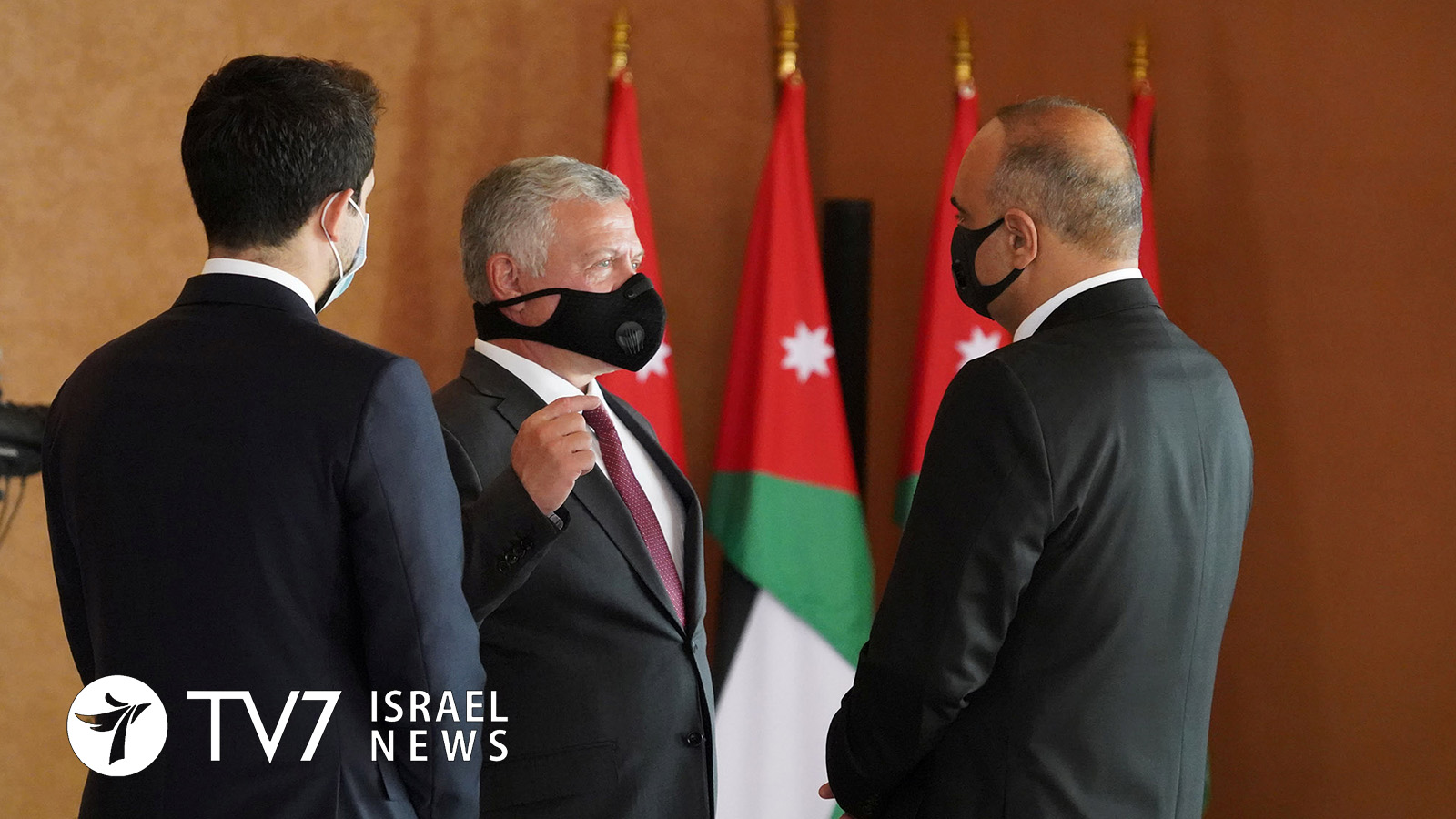Jordan’s new Prime Minister Bisher al Khaswaneh was sworn into office by King Abdullah II along with other government leaders on Monday.
Amman’s new government must formulate critical new strategies to accelerate International Monetary Fund (IMF)-backed reforms and revive growth of the national economy, which is experiencing its sharpest contraction in decades due to the coronavirus crisis. The Jordanian economy is expected to contract by about 6% in 2020, as the country struggles to cope with rising unemployment and poverty aggravated by the pandemic.
There are currently 19,647 active COVID-19 cases and 207 fatalities in the Hashemite Kingdom, which saw a near-doubling of total infections this month since the first cases in early March. The situation has become so dire that it is feared a further surge could cause health services to collapse.
The 51-year-old British-educated Khasawneh is a veteran diplomat, who formerly served as as a peace negotiator with Israel and palace adviser. He will preside over parliamentary elections slated for 10 November; in a process protected by electoral law aimed at marginalizing the primary Islamist opposition and independent political parties to ensure a majority of pro-government deputies.
Khasawneh is replacing outgoing-Jordanian Premier Omar al Razzaz at a time of rising public outcry over deteriorating economic conditions and curtailed freedom under emergency decrees enacted by monarchy to contain COVID-19. Razzaz, who was appointed in 2018 to calm protests over IMF austerity moves, had faced criticism for his handling of the pandemic and use of emergency legislation to silence dissent.
International rights groups condemned Jordan for the arrests of hundreds of teachers and dissolution of their opposition-led, elected union last July. The detention of dissidents and activists for criticizing government policies has raised alarm over a tightening authoritarian grip in the country by rights groups and independent politicians.
Foreign Minister Ayman Safadi and Finance Minister Mohamad Al Ississ, who oversees the country’s reform program with the IMF, retained their posts in a 32-member cabinet. The ministers are a combination of technocrats and conservative politicians who have been influential in previous governments.
